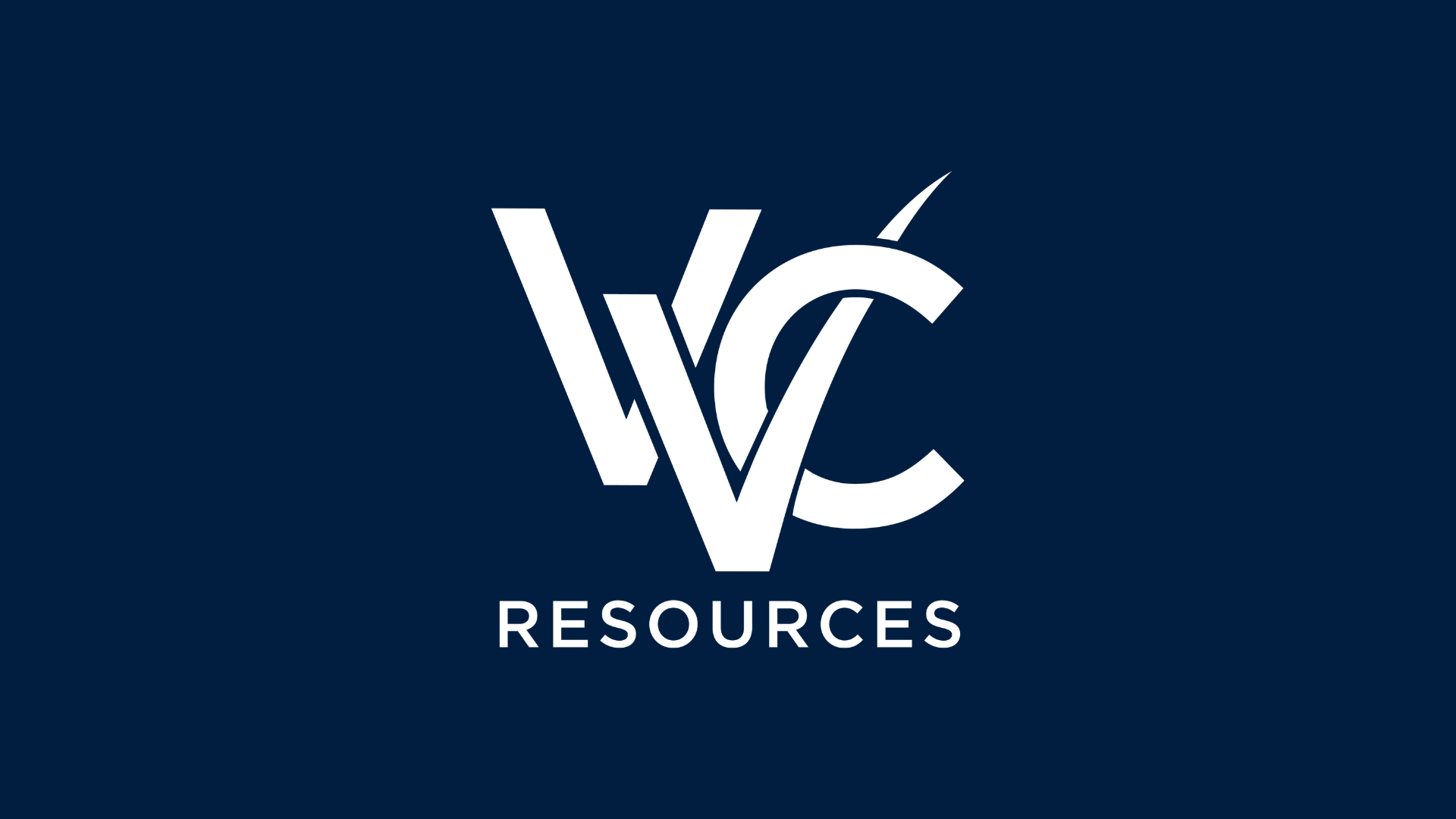Unlocking the Power of Helium in RMI Machines and Health Scans
Helium's exceptional properties, including its remarkably low melting point, have made it an indispensable resource in the world of cryogenics. This unique feature positions helium as the primary choice for superconductors, the fundamental building blocks of Resonance Magnetic Imaging (RMI) Machines. These machines, crucial in modern technology, play a pivotal role in various applications such as cell phone base stations, fast digital circuits, particle detectors, and the emerging field of quantum computing. As helium fuels the advancement of these technologies, it's also fascinating to explore the world of full-body health scans, where celebrities are increasingly embracing the benefits—raising the question: "Celebrities Are Getting Full-Body Health Scans—Should You?".
Convincing Americans to get their recommended health screenings can be an uphill battle. Data show that lots of people skip suggested cancer screenings even though they’re typically covered by insurance.
And yet, even as lots of people forgo routine care, a certain type of wellness-minded consumer is hungry for as much health data as they can find, giving rise to a market for pricey proactive tests, scans, and screenings done mostly for curiosity or peace of mind—and sometimes against the recommendations of medical experts.
In recent years, millions of people have bought direct-to-consumer tests to screen their saliva, blood, or urine for markers of future disease, and companies—including the now-infamous Theranos—have raked in millions of dollars in funding to provide such services. Some people have spent thousands of dollars for “executive” or “white glove” physical exams that include a battery of tests. And celebrities, most recently Kim Kardashian, have preached the benefits of expensive full-body MRI scans, which promise to detect health problems early.
The pandemic likely plays a part in this trend—survey data suggest many Americans feel more health-conscious now than before it—but it predates COVID-19.
When standard care isn't sufficient
For some people, proactive services may fill a void left by standard U.S. medical care, with its long waits, short appointments, and rushed providers. For others, it may feel like the logical next step in a culture where measuring steps, sleep, and calories is now standard. Or maybe, says Dr. Marianne Dubard-Gault, an oncologist, geneticist, and preventive medicine doctor at the Fred Hutchinson Cancer Center in Seattle, it’s about a sense of control and a desire to fend off the randomness of chronic disease.
Some studies have found that full-body scans can catch early signs of cancer and other health problems in some patients. People with family histories or other risk factors for certain diseases may particularly benefit from extra screenings, Dubard-Gault says.
But other medical experts believe the trend has gone too far.
“People [think] that knowing about something is always good,” says Dr. Jeffrey Linder, chief of general internal medicine at the Northwestern University Feinberg School of Medicine. But “there’s a reason why doctors don’t test everybody for everything all the time.”
Many people have nodules, cysts, or masses in their bodies that could look concerning on a scan, but are actually harmless; similarly, some test results may fall outside the “normal” range without actually being dangerous, Linder says. It’s hard not to get anxious about an abnormal finding, though, so many patients end up scheduling follow-up tests that may be risky, invasive, expensive, and ultimately unnecessary, he says.
A 2019 research review concluded that “healthcare providers should not offer whole‐body MRI for preventive health screening to asymptomatic subjects outside of a research setting,” noting that such scans often produce false positives or inconclusive results that require potentially unnecessary follow-up care. Medical groups including the American College of Preventive Medicine, American College of Radiology, and the U.S. Food and Drug Administration have taken similar positions, citing limited evidence that proactive scans provide measurable benefits to most healthy people.
Meanwhile, the U.S. Preventive Services Task Force (USPSTF)—a group of experts who issue screening guidelines that inform both clinical practice and insurance coverage policies—has not made a specific recommendation about full-body scans. “We would encourage people to focus on preventive services that are proven to keep people healthy,” USPSTF chair Dr. Michael Barry said in a statement provided to TIME.
Some experts even argue that Americans should be getting screened less, not more, than they already are. There are good data to back certain screenings, such as for colorectal cancer, but debate about how well some, such as a blood test that can help assess prostate-cancer risk, actually prolong life. Only 14% of cancers in the U.S. are diagnosed through screening tests, some research suggests.
Certain experts have been similarly hesitant about direct-to-consumer testing services, some of which claim to reveal genetic predispositions to disease.
There can be value in genetic testing, even for seemingly healthy people, Dubard-Gault says. Lots of people don’t know they carry markers for cancer, and having that information could inform their medical care moving forward. But “context matters,” she says.
Interpreting the results
Dubard-Gault's “secret sauce” as a physician, she says, is interpreting test results while taking into account a person’s entire health profile. Much of that granularity is lost when someone takes an at-home test, which also may not be as accurate or comprehensive as those ordered by a medical professional, she says. “You do need a health care professional to do this,” Dubard-Gault says. “The interpretation of all of these is not trivial.”
Despite reservations from experts, these services aren’t likely to fade away any time soon. Body-scanning company Prenuvo has performed “tens of thousands” of scans since 2009 and increased the number of MRI machines in its fleet by 500% since 2020, according to a company spokesperson; it reportedly plans to open new U.S. clinics soon. And the self-testing market, buoyed by widespread use of at-home COVID-19 diagnostics, is projected to nearly double in valuation over the next decade. As the market expands, Dubard-Gault says, so does demand from patients.
Some people may see benefits. But Linder worries that as such services become more widespread, their lofty promises about improving health may distract from the things that are proven to work: the “boring” but effective essentials like eating a balanced diet, exercising, and getting plenty of sleep.
© 2023 TIME USA, LLC. All Rights Reserved.







